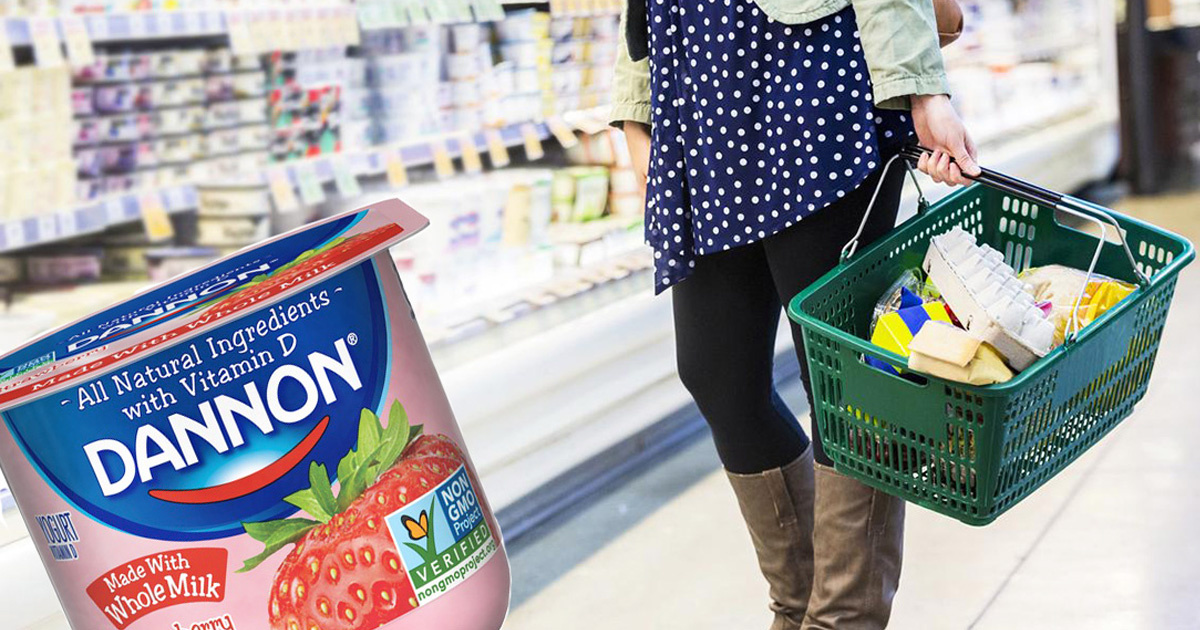

About 10 years ago, Monsanto’s genetically engineered bovine growth hormone, rBST or rBGH, was in trouble. Leading dairy processors and major supermarket chains, such as Wal-Mart, Costco, Kroger and Safeway were banning the use of rBST in dairy production. Monsanto had big plans for rBST, which is injected into cows to increase milk production. But consumers didn’t like the idea of consuming milk, one of the the most wholesome foods, with GMO hormones. As a result, dairy products labeled “rBST-free” became common.
To counter consumer opposition, a Monsanto PR firm launched a “grassroots advocacy group” with a slick website called “American Farmers for the Advancement and Conservation of Technology” (AFACT). The aim was to defend farmers’ use of rBST and “educate” the public about it.
AFACT failed miserably—that’s a fact. It’s long gone along with its website—like it never existed. Monsanto ended up selling off rBST to Elanco, which also recently sold it, and today, “rBST-free” is a dairy industry standard.
AFACT’s failure reminds me of a new campaign called “Peel Back the Label,” which claims to be a campaign of “America’s dairy farmers”—or is it the creation of another PR firm? PBTL, which isn’t nearly as catchy an acronym as AFACT, aims to rally consumers to fight “deceptive food labeling,” particularly non-GMO claims. Consumers are encouraged to take action and share their own examples of misleading non-GMO labels.
AFACT and PBTL are classic examples of the types of front groups and campaigns described in the excellent book, Trust Us We’re the Experts, by John Stauber, founder of the Center for Media and Democracy and PR Watch. To get their message across more effectively, corporations or organizations will create “independent” organizations to further their agenda. The aim being to convince the public that an “expert” third-party organization says, for example, that rBST is good for dairy farmers and consumers. The tobacco industry is notorious for funding such front groups as the “Center for Consumer Freedom” to defend the rights of consumers to smoke as they pleased. In this case, PBTL’s aim is to convince people that non-GMO labels are misleading and capitalizing on consumer fears.
One of PBTL’s targets is Dannon and their Non-GMO Project Verified yogurts. PBTL says Dannon’s decision to go non-GMO is “deceptive, fear-based marketing that is confusing to consumers and damaging to the environment.”
The reality is that Dannon and other companies are selling non-GMO products because people want them. According to the Hartman Group’s 2017 Health & Wellness Study, more than half of Americans are looking for non-GMO food and beverages. According to a 2017 survey by the food industry-supported International Food Information Council, more than a quarter of consumers are choosing foods because they have non-GMO labels. A more recent survey by international market research firm GfK found that nearly half of consumers, 48 percent, report that “free from GMO ingredients” along with “low sugar or sugar-free” are the important factors when deciding which food or beverage product to eat or drink.
The fact is that more and more people want “clean” labeled foods with simpler and fewer ingredients and non-GMO is part of that trend.
Peel Back the Label and whoever is behind it are fighting that trend; they want to continue keeping consumers in the dark and don’t want them to know that the majority of dairy cows are fed GMO grains like corn and soybeans. They are losing, and Peel Back the Label is bound to fail as AFACT did 10 years ago.

 233k
233k  41k
41k  Subscribe
Subscribe 